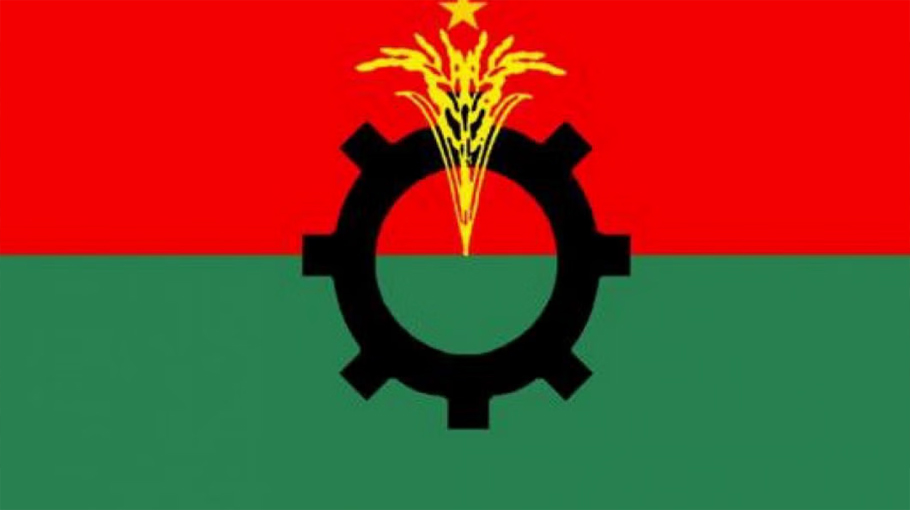BNP’s power vacuum impairs grassroots

Responsible opposition parties are the lifeblood of a thriving democracy. Their significance lies in their role as checks and balances to the ruling party or government. By scrutinizing government policies, challenging decisions, and offering alternative viewpoints, opposition parties help ensure that power remains in check and that the interests of the citizens are safeguarded. They foster healthy debate and deliberation in the political arena, leading to well-informed and balanced decision-making. Responsible opposition parties also serve as a crucial avenue for dissent and voice for marginalized groups or minority opinions, preventing the dominance of a single perspective and promoting inclusivity. In essence, they contribute to the vibrancy and resilience of democratic systems, ultimately working towards the betterment of the nation as a whole. Regrettably, opposition parties in Bangladesh have witnessed a decline in vibrancy and have struggled to leave a substantial imprint on the nation's political landscape.
The Bangladesh Nationalist Party (BNP), finds itself grappling with the consequences of a prolonged absence from power that has significantly weakened its grassroots organizations. For the past 15 years, the party has been on the sidelines of the political landscape, and this extended hiatus has had a profound impact on its ability to mobilize and strengthen anti-government movements.
The BNP has been out of power since 2006. During this time, the party has faced various challenges, including internal divisions, legal battles, and allegations of corruption. However, one of the most significant repercussions of its extended stay out of power has been the erosion of its grassroots support and organizational capabilities.
One of the critical functions of any political party is to maintain a robust grassroots presence. This involves establishing local party offices, engaging with communities, and building a dedicated network of supporters and volunteers. In the absence of political power, maintaining these grassroots structures becomes increasingly challenging. BNP, over the years, has struggled to sustain its local-level presence, resulting in a weakening of its connection with the people.
Moreover, the prolonged absence from power has hindered the party's ability to attract and retain new talent. Young and dynamic individuals often gravitate towards parties that can offer them opportunities for political growth and influence. With the BNP out of government for over a decade, its appeal to the younger generation has waned.
On the flip side, while opposition parties, including the BNP, have faced challenges, the Awami League, led by Prime Minister Sheikh Hasina, has managed to solidify its authority over the years. It has achieved tremendous development and has nurtured a well-established network that extends from the central government to the grassroots level. This remarkable progress and political dominance have further compounded the difficulties for the BNP in mounting a credible challenge, especially given its weakened grassroots foundation.
The weakening of the BNP's grassroots organizations has also affected its ability to mobilize and coordinate anti-government movements effectively. Protests and demonstrations require a well-organized structure to gather support and sustain momentum. Without a solid grassroots presence, the BNP often finds itself struggling to mobilize its supporters for sustained and impactful protests.
The BNP's demand for the resignation of the present government and the restoration of a caretaker government to oversee the upcoming election faces considerable challenges and is unattainable for several reasons. Firstly, the ruling Awami League, led by Prime Minister Sheikh Hasina, has a firm grip on power and is unlikely to voluntarily step down from government positions. Secondly, the caretaker government system, which was abolished in 2011, is a contentious issue in Bangladeshi politics, and its reinstatement would require a significant political consensus that is currently absent. Additionally, the BNP itself faces internal divisions and organizational weaknesses, making it difficult for them to rally widespread support for their demands. Finally, the international community's stance on the matter is also a significant factor, and any attempt to change the electoral system would require diplomatic negotiations and consensus-building. Given these formidable obstacles, the BNP's demand for a caretaker government appears to be a challenging proposition in the current political landscape.
The weakening of the BNP has undeniably provided significant advantages to the ruling party, the Awami League. One of the most apparent benefits is the consolidation of power and control over the political landscape. With the BNP struggling to maintain its grassroots organizations and failing to mount robust anti-government movements, the Awami League has been able to operate with no strong resistance. This has allowed the ruling party to push through policies and agendas with reduced opposition, leading to a more stable governance environment. Furthermore, the diminishing appeal of the BNP to the younger generation has enabled the Awami League to attract fresh talent, strengthening its ranks and ensuring continuity in leadership. As the BNP faces internal challenges and organizational weaknesses, the Awami League has solidified its grip on power, further cementing its position in Bangladeshi politics.
In conclusion, the prolonged absence from power has taken a toll on the Bangladesh Nationalist Party, particularly in terms of its grassroots organizations. As Bangladesh's political landscape continues to evolve, the BNP faces the challenge of rebuilding its grassroots and revitalizing its organizational strength to remain a potent force in the country's politics.
Dr. Pranab Kumar Panday is a Professor in the Department of Public Administration at the University of Rajshahi




